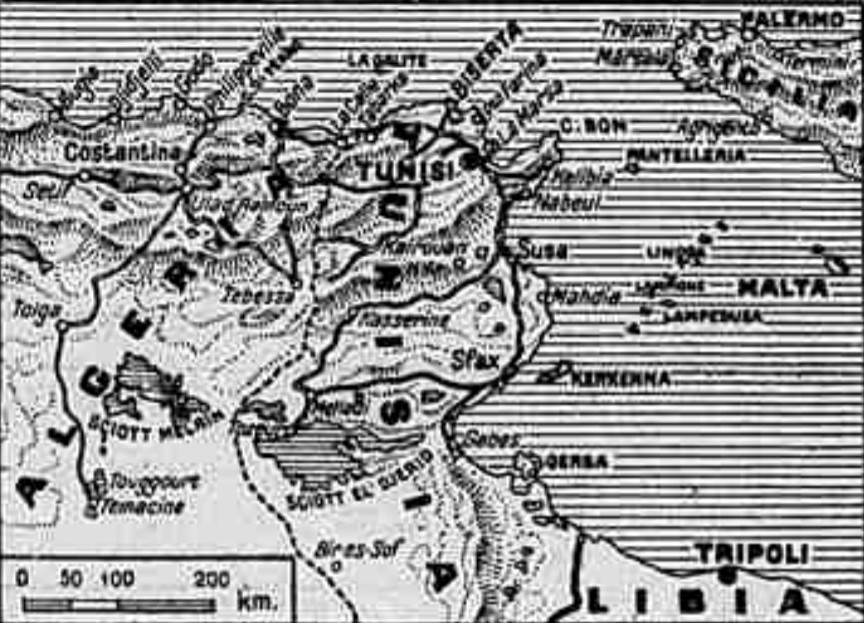Brooklyn Eagle (January 28, 1943)
Allies hold war council may speed Europe invasion
Study move to put Roosevelt-Churchill plans in operation
London, England (UP) –
U.S. and British military leaders held a council of war at Allied North Africa headquarters today and discussed means of putting into execution on the fighting fronts the broad strategic plans made at the Casablanca Conference between President Roosevelt and Prime Minister Winston Churchill.
The best military brains of the two nations were represented in the War Council that took place almost within the sound of guns booming on the Tunisian front.
There were reports in military circles here today that the Allied commanders in North Africa were working on a definite plan for an assault on Europe this year. Some sources said the invasion of Europe was considered such an urgent matter it might even be given precedence over the campaign against the Axis in Tunisia.
Highest officers confer
The United States was represented by Gen. George C. Marshall, Chief of Staff; Lt. Gen. Dwight D. Eisenhower, Allied North African commander; Lt. Gen. Henry H. Arnold, commanding the U.S. Army Air Forces; Adm. Ernest J. King, U.S. naval commander; Lt. Gen. Brehon B. Somervell, of the Services of Supply, and W. Averell Harriman, Lend-Lease official.
For Great Britain: Gen. Harold R. L. G. Alexander, British commander for the Middle East; Vice Adm. Lord Louis Mountbatten, Chief of Combined Operations; Adm. Sir Dudley Pound; Field Marshal Sir John Dill; Lt. Gen. Sir Hastings L. Ismay and Air Vice Mshl. Inglis.
It was understood considerable discussion was given to the immediate plans for the attempt to drive Marshal Erwin Rommel and Gen. Jurgen von Arnim off the narrow bridgehead which the Axis still holds on the North African shore.
Roosevelt commends troops
While the Allied military chiefs were still discussing the place and time of the next blow at the Axis, President Roosevelt sent a message to U.S. troops in North Africa, praising their conduct and equipment.
The message said, in part:
I return to the United States with renewed confidence that American soldiers, equipped with the best equipment the world can produce and led by men who have proven themselves in battle, shall be victorious. Officers and men of the Armed forces of North Africa, I commend you.
Allied air attacks continued, and on Tuesday night bombers struck at Bizerte, the big Axis base in Tunisia. U.S. Billy Mitchell bombers left one Axis destroyer burning between Sicily and Tunisia and damaged another. One Allied plane was missing from yesterday’s operations.
Axis fears for Rommel
The British 8th Army continued to pursue the Afrika Korps through northwestern Tripolitania and Axis radios reiterated their fears that U.S. forces in Tunisia were about to start an offensive designed to cut off the retreat of Rommel’s forces.
The U.S. Army 9th Air Force in Cairo announced in a communiqué that on Tuesday night Liberator bombers attacked Sicilian harbors. Bomb bursts were observed on all target areas and all U.S. planes returned safely.
The Nazi Radio Vichy said the Americans were driving between Gabes, 100 miles from the Tunisian-Tripolitanian border, and Sfax, 63 airline miles above Gabes.
The Middle Eastern Command announced today the 8th Army fought the Afrika Korps’ rearguard yesterday in the area of Sabratha, 40 miles southwest of Tripoli, and 56 miles from Tunisia.
Allied successes in the Kairouan area and northwest of Gabes had lent substance to Axis fears that a big drive as impending against the German-Italian bridgehead in Tunisia.
Dispatches from Allied North African headquarters said the initiative in the Ousseltia area, northeast of Kairouan, had passed from the Germans to the Allies in the last three days, and the enemy had suffered terrible losses in taking positions the French and Americans were now wresting back.
Report 1,258 American casualties in Tunisia
Washington (UP) –
American casualties in Tunisia thus far total 1,258, including 211 killed, 532 wounded and 515 missing, Secretary of War Henry L. Stimson said today. Of the missing, 228 were reported to be prisoners.

